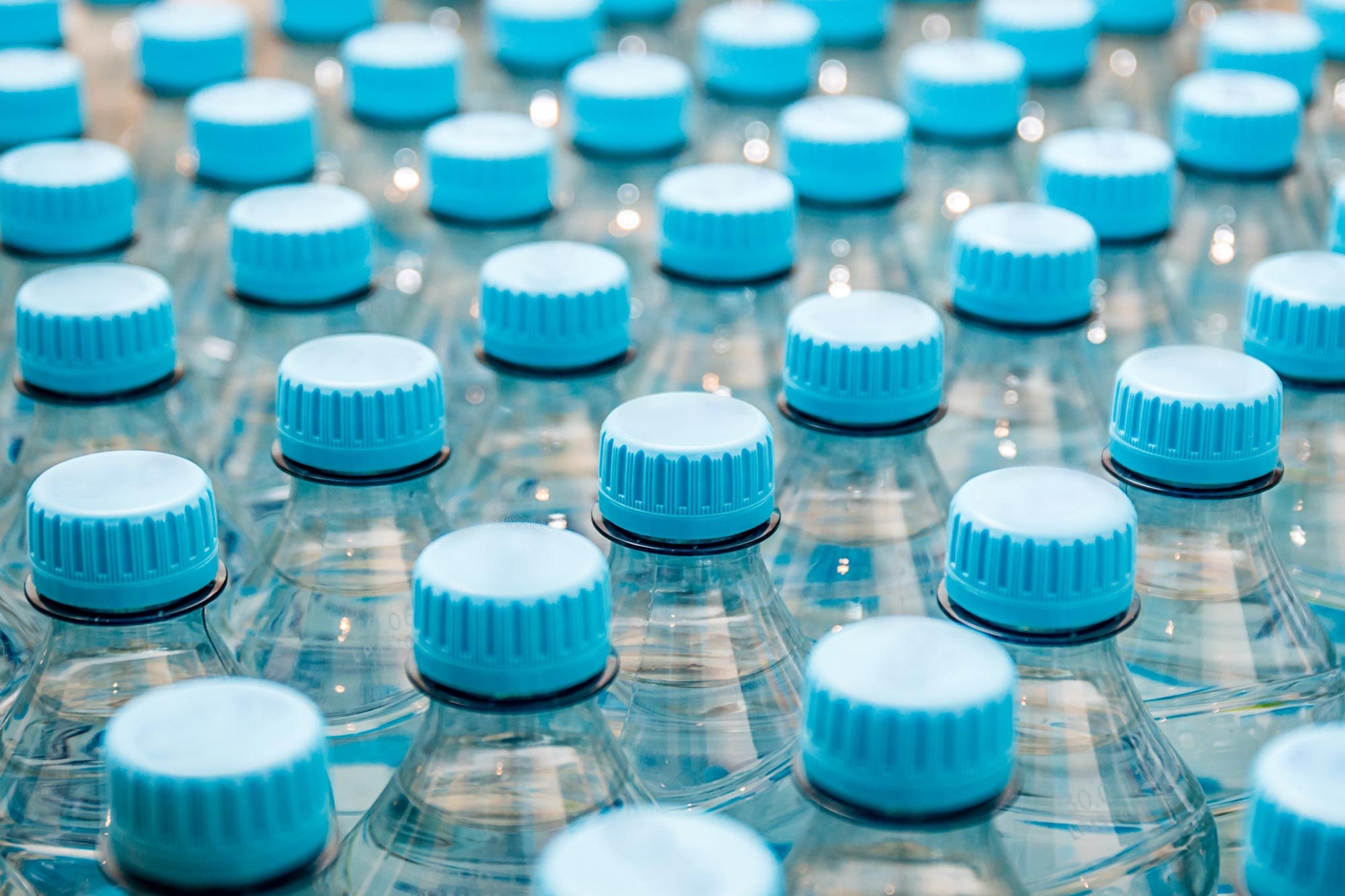By Agbai Sharonjoyce
By 2050, researchers reckon that plastic waste in the ocean could surpass all the world’s fish. Today, around 80% of global water sources already contain plastic bits.
Biodegradable plastic are often marketed as the solution. These materials are designed to decompose naturally when exposed to the environment. Tiny organisms such as bacteria and fungi break down their structure, resulting in end products that are considered more eco-friendly than traditional plastics.
Unlike conventional plastics, biodegradable plastics are usually made from renewable raw materials known as bio-plastics, such as wood, corn oil, natural rubber and bamboo.
Their appeal
Biodegradable plastics can greatly reduce pollution caused by oil-based plastics, which release heavy amounts of carbon dioxide during production and disposal. They break down faster which and pose less hazard to the surroundings.
Additionally, they eliminate the need for harmful chemical fillers like Bisphenol and Phthalates, both known to be harmful to human health.
Are biodegradable plastics really better?
For all their promise, biodegradable plastics are not a perfect solution. More often than not, they come with challenges that counter their eco-friendly reputation.
For instance, biodegradable plastics do not break down easily in ocean water, where the temperature is low. Instead, they float on the surface, or they degrade into microplastics that endanger marine life just like regular plastics.
When thrown into a landfill alongside regular garbage, biodegradable plastics often decompose like a non-biodegradable product and might produce methane, a greenhouse gas more potent than carbon dioxide.
To break down safely, biodegradable plastics need specific conditions such as industrial temperatures, controlled humidity and adequate oxygen. These conditions are typically achieved in expensive industrial composting facilities.
Biodegradable products can release toxic traces of metals like lead, manganese and cobalt to the soil, posing new risks to the environment.
Another concern is land use. Manufacturing natural materials for biodegradable plastics often requires crops like corn or sugarcane, which compete with food production and can result in food scarcity by taking land away from farmers.
The bottom line
Biodegradable plastics offer hope for minimising fossil fuels, carbon emission and also pollution. However, their benefits depend on the presence of infrastructure to process and decompose them safely and completely.
They are not a silver bullet. They can help if backed by proper waste management systems and responsible consumption habits.
Summary not available at this time.






